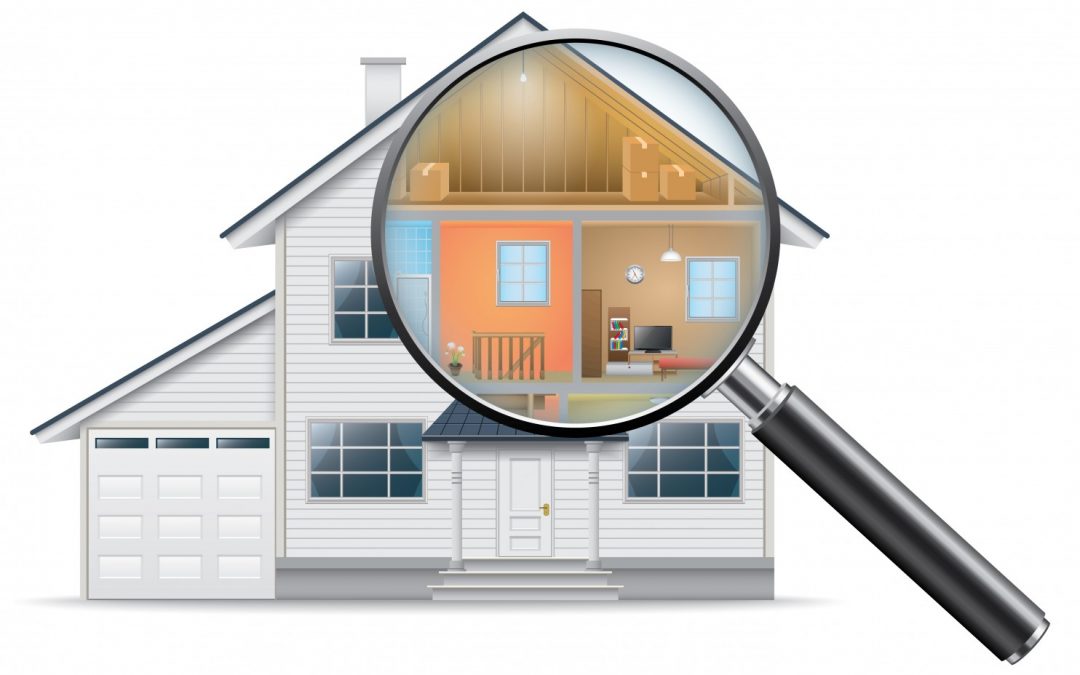Buying a new Brevard County home is one of the most significant investments you’ll make in your lifetime. As such, it’s crucial to ensure that the home you’re interested in purchasing is in good condition before making a purchase. While most buyers hire professional inspectors to evaluate a property before closing, it’s also a good idea to do your own inspection while looking for homes.
Conducting your own inspection can help you identify any potential issues early on, making it easier to decide whether to move forward with the purchase. However, it’s important to keep in mind that while doing your own inspection can be helpful, a professional inspection is still necessary before closing on a home.
Here are some tips for conducting your own inspection:
- Start with the exterior: Walk around the property and look for any signs of damage or wear and tear. Check the roof for missing or damaged shingles, look for cracks in the foundation, and inspect the gutters and downspouts to make sure they’re in good condition. Look for any signs of water damage, such as water stains on the exterior walls or around the windows.
- Inspect the interior: Once you’ve examined the exterior, it’s time to take a closer look inside. Start with the basement or crawlspace, if there is one. Look for any signs of water damage or moisture, and check the foundation walls for cracks or other damage. Move on to the main living areas, checking for any signs of damage, such as cracked or stained walls or ceilings.
- Check the plumbing and electrical systems: Turn on all the faucets and flush the toilets to make sure they’re working properly. Look for leaks under sinks and around toilets. Turn on lights and ceiling fans to make sure the electrical system is functioning properly. Test any appliances that will be staying with the home, such as the stove, oven, and dishwasher.
- Look for signs of pests: Check for any signs of pests, such as droppings or damage to wood or other materials. Look for holes or cracks where pests could enter the home, such as around windows or doors.
- Don’t be afraid to ask questions: If you’re unsure about anything, don’t hesitate to ask the seller or their agent. They may be able to provide additional information about the property that can help you make a more informed decision.
While doing your own inspection can be helpful, it’s still important to hire a professional inspector before closing on a home. A professional inspector will be able to provide a more thorough evaluation of the property, including any potential safety hazards or code violations.
During a professional inspection, the inspector will evaluate the home’s major systems, such as the HVAC, electrical, and plumbing systems. They will also evaluate the home’s structure, foundation, and roofing. Additionally, they will inspect for any signs of pest infestations and mold growth.
A professional inspection can be critical in identifying any hidden issues that may not be immediately apparent during your own inspection. For example, a professional inspector can use specialized equipment to detect issues such as leaks, moisture, and other damage that may not be visible to the naked eye.
It’s important to remember that while doing your own inspection can be helpful, it’s not a substitute for a professional inspection. A professional inspection is a more thorough evaluation of the property, and can help ensure that the home you’re interested in is in good condition before making a purchase.
In conclusion, conducting your own inspection while looking for homes can be a useful tool in helping you find a property that meets your needs. By taking the time to inspect the property yourself, you can identify any potential issues early on and make a more informed decision about whether to move forward with the purchase. However, it’s important to remember that a professional inspection is still necessary before closing on a home. By combining your own inspection with a professional inspection, you can gain a more complete picture of the home’s condition and make a more informed decision.
When hiring a professional inspector, it’s important to choose someone who is experienced, licensed, and insured. Ask for references and check online reviews to ensure that the inspector has a good reputation. A good inspector will provide a detailed report outlining any issues they found during the inspection, and will be available to answer any questions you may have.
It’s also important to keep in mind that even if the inspection reveals issues with the property, it doesn’t necessarily mean that you should walk away from the purchase. The inspection report can be used as a negotiating tool to ask the seller to make repairs or reduce the asking price. Alternatively, if the issues are minor, you may decide to move forward with the purchase and address the repairs yourself after closing.
In addition to conducting your own inspection and hiring a professional inspector, it’s also a good idea to research the neighborhood before making a purchase. Look at crime rates, school ratings, and proximity to amenities such as grocery stores, parks, and public transportation.
Buying a home is a significant investment, and it’s important to take the time to ensure that the property you’re interested in is in good condition. By conducting your own inspection, hiring a professional inspector, and researching the neighborhood, you can make a more informed decision about whether a particular property is right for you.
Call Priority Home Inspections for all your inspection needs.


